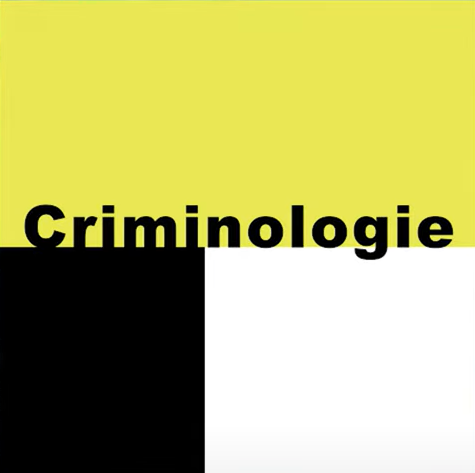This article seeks to highlight how former foster care youths describe and make sense of their traumatic past, as well as how these elements impact their self-perception and vision of the future. Thirty-one former foster care youths’ life stories were analyzed based on the tenets of theoretical thematic analysis (Boyatzis, 1998), as well as the premises of complex trauma and narrative identity theories.
Results indicate that youths are capable of understanding and describing the impacts of their endured traumas on their identity construction. They are also able to make sense of both the coping strategies they employed to face these traumatic events, as well as their role in shaping how they envision the future. The discussion elaborates on the relevance of using life stories both for gaining a better understanding of the complex challenges faced by foster care youth in constructing their identity, as well as for supporting interventions as they begin their transition to adulthood.
This tenth episode interviews Julie Marcotte.
Read the article on Érudit : https://doi.org/10.7202/1099010ar

Attention - Votre version d'Internet Explorer est vieille de 20 ans et peut ne pas vous offrir une expérience optimale sur le site du CICC. Veuillez mettre à jour votre ordinateur pour une expérience optimale. Nous vous recommandons Firefox ou Chrome, ou encore ChromeFrame si vous êtes dans un environnement corporatif ou académique dans lequel vous ne pouvez pas mettre à jour Internet Explorer.